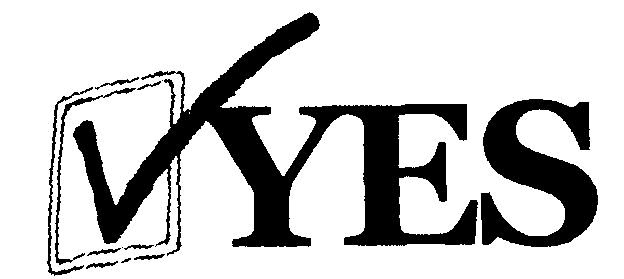Treatment Instead Of Jail
For Certain Non-Violent Drug Offenders
Initiative of 2002

Measure 62 Will:
-
Improve public health by reducing drug abuse through proven and effective
treatment strategies.
- Enhance public safety by reducing drug-related crime.
- Preserve jail and prison cells for serious and violent offenders.
Need for Drug Treatment
The voters of the District of Columbia recognize that
substance abuse and addiction are serious problems that are often best
addressed by substance abuse treatment. Society is better served by
treatment and rehabilitation than by incarceration of nonviolent drug
users. Treatment plays a critical role in the recovery of people who
suffer from substance abuse and addiction. Substance abuse treatment is a
more effective means of reducing drug use and abuse than incarceration of
first and second time offenders of illegal use and possession of
controlled substances.
Note on Funding
Measure 62 cannot allocate funds. However, a vote in
favor of this initiative puts District residents on record in favor of
treatment instead of incarceration. The DC Campaign for Treatment and Drug
Policy Alliance will work with community stakeholders to fund treatment
through public and private means.
Measure 62 will save children of incarcerated non-violent, low level drug
offenders from foster care placement.
Frequently Asked Questions:
What is Measure 62?
Measure 62 is the "Treatment Instead of Jail for
Certain Non-Violent Drug Offenders Initiative of 2002." Measure 62
has been certified by the DC Board of Elections and Ethics to appear on
the November ballot. If passed, Measure 62 will provide substance abuse
treatment instead of conviction or imprisonment to eligible, non-violent
defendants charged with illegal possession or use of drugs.
Have other states tried similar policies?
Yes! Voters have enacted similar "treatment
instead of incarceration" initiatives in Arizona (Proposition 200,
1996) and California (Proposition 36, 2000). The Hawaii legislature has
enacted similar legislation this year. Additionally, voters in Michigan
and Ohio will vote on "treatment instead of incarceration"
initiatives in November.
What has been the outcome in other states adopting
"treatment instead of incarceration" policy?
An analysis by the
Arizona Supreme Court found that Proposition 200 diverted 2,600
non-violent offenders into drug treatment in its first year, saving
Arizona taxpayers $2.56 million. A follow-up Supreme Court study in 2001
found that Proposition 200 resulted in more than a $6 million taxpayer
savings in prison costs during its second year of implementation.
California's Legislative Analyst's Office estimates that Proposition 36
will divert more than 30,000 drug offenders per year into treatment,
saving California taxpayers approximately $1.5 billion over the next five
years. In addition, California has increased the number of licensed and
certified substance abuse slots by 68%.
To Learn More:
Log on to www.dcmeasure62.com
or contact Opio Sokoni,
Measure 62
Campaign Coordinator
(202) 216-0035 ext. 203
or email osokoni@drugpolicy.org
Measure 62
Purposes and Intentions:
To break the cycle of drug use, addiction and crime.
To guarantee treatment and rehabilitation services to
nonviolent drug users entering the criminal justice system.
To rest primary responsibility for the supervision of
non-violent defendants charged with drug possession or use with
community-based treatment providers, including those staffed by members of
the community.
To ensure that drug testing is used as a treatment
tool, with relapse understood to be a part of the process of recovery and
not an occasion for punishment.
To supplement the availability of drug treatment and
rehabilitation and to address the diverse cultural, gender and addiction
needs of drug users and abusers in the District of Columbia.
YES D.C.
MEASURE 62
Treatment Instead of Jail
For Certain Non-Violent Drug Offenders
Initiative of 2002
Election Day:
November 5, 2002
Contact:
DC Campaign for Treatment
Opio Sokoni, J.D.
Measure 62 Campaign Coordinator
(202) 216-0035 ext.. 203
email: osokoni@drugpolicy.org
|


![]()